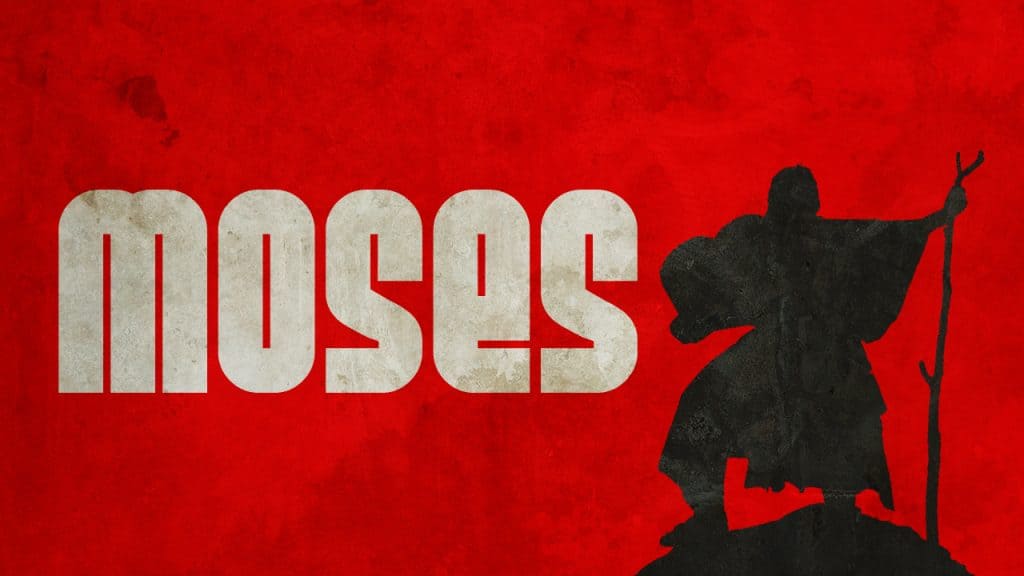
Therefore know this day, and consider it in your heart, that the LORD Himself is God in heaven above and on the earth beneath; there is no other. Deuteronomy 4:39
Moses reminds Israel of what God has done for them.
His choice. His deliverance. His provision. His protection.
His revelation of Himself. His presence with them.
And it is in light of all that, we are also called to know and consider.
There is no other God.
So think about this for a moment for yourself. In your own life.
Has God has chosen you?
Has He delivered you?
Has He provided for you?
Has He revealed Himself to you?
Has He been present with you?
The answers:
Yes. Yes. Yes. Yes and yes.
Recognize. Acknowledge. Know – Intellectually. Experientially.
Take to heart. Consider – Emotionally. Intuitively.
When you do that earnestly, what’s the conclusion?
There is only one.
There is no other God.
Read more: They Recognized





